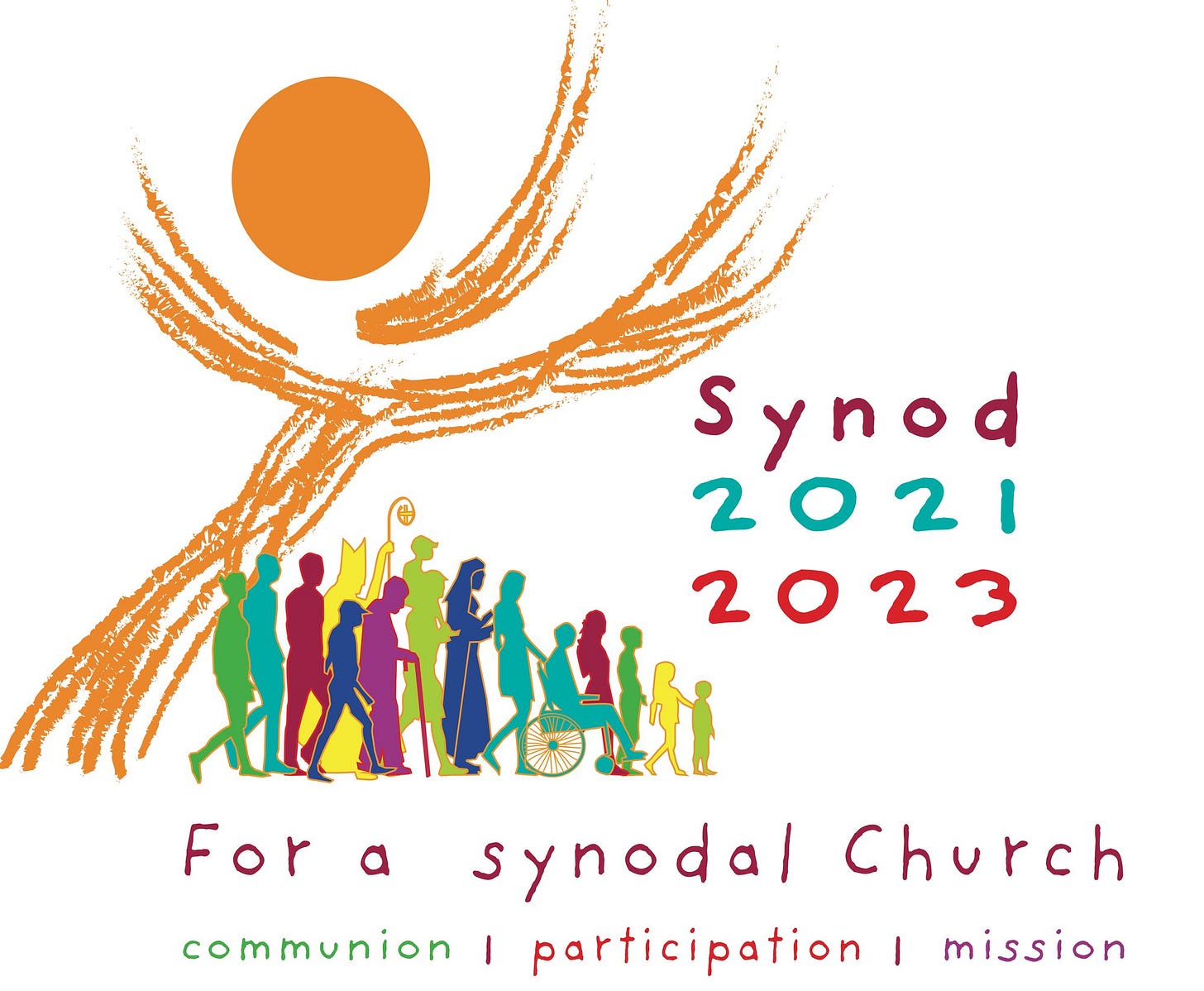USCCB: Synod on synodality has ‘renewed’ U.S. Church
The USCCB's synod on synodality report says the process has renewed the Church. Has it?

The U.S. bishops’ conference said Monday that the synod on synodality consultation process has occasioned a national and Church-wide renewal, adding that consultation and discernment meetings should continue in Catholic parishes and dioceses.
The synod's “spiritual conversations and fraternal dialogues have renewed a sense of common love and responsibili…
